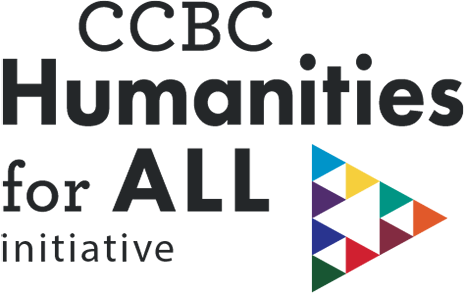Why It’s Important for Women to Vote
When women speak up, change can be powerful. Consider the suffrage movement of the twentieth century or the recent protests in Iran. However, women’s health is currently under attack and we still haven’t closed the gap in gender equality — among many other issues facing women today. Fortunately, we live in a democracy where making our voices heard is possible — especially by carrying out our civic responsibilities and voting. In honor of Women’s History Month, we call attention to three reasons why voting is essential, especially if you’re a woman.
An Informed Voter Is a Better Voter
It’s well-known that if you don’t know who you’re voting for and why, you’re less likely to vote. It’s also easy to understand the mistrust many have in politicians — especially for those coming from minority and marginalized communities. This is why it’s absolutely essential to know what your values are and what change you want to see in the world.
From there, take some time to research candidates running for office at the city, state, and federal levels. Organizations and helplines like Vote411.Org can help you research a candidate’s platform and proposed policies so you can identify one who best aligns with your beliefs. If you feel especially passionate about a candidate, share them with your friends and family! The more informed we are as a community, the more change we can enact for the better.
Voting is Power
Women fought dearly for the right to vote — and they have been exercising their right ever since. According to Census Bureau data by the Pew Research Center, “Women reported having turned out to vote at slightly higher rates than men” in every U.S. presidential election dating back to 1984. That’s huge! It can also have a significant impact on the result of an election — especially when topics such as women’s rights are at stake.
It’s even more important to understand that voting is power, given that there are countries where women are secondary citizens with very few rights. Even if you aren’t especially interested in politics, it is important to understand that when you vote, you can directly impact policy by making it clear to politicians, “This is how I want to live my life — please vote accordingly.”
Voting is an Equalizer
Regardless of your background, race, or socio-economic status, if you’re eligible, you can vote. As Gloria Steinem once said, “The voting booth is still the only place that a pauper equals a billionaire and any woman equals any man. It is the only place on earth in which everybody’s equal.” Let’s think about that for a moment. It wasn’t that long ago that the only people who could vote in this country were white men with money. Now, those constraints have been lifted.
However, one of the largest challenges to exercising our civic voice continues to be access. Not everyone has access to voting booths, or the capacity to stand in line and vote. Many don’t know how to cast a vote or where to go. You can play a role in changing that. Spread the message about how and where people can vote. Help those with limited internet access register to vote by mail if allowed in their region. At the end of the day, it is important to create a system where all voices are represented — and that’s exactly what voting is about.
To learn more about Women’s History Month and how past socio-political endeavors have had a lasting impact on us today, visit CCBC’s Humanities for All program to learn more.

